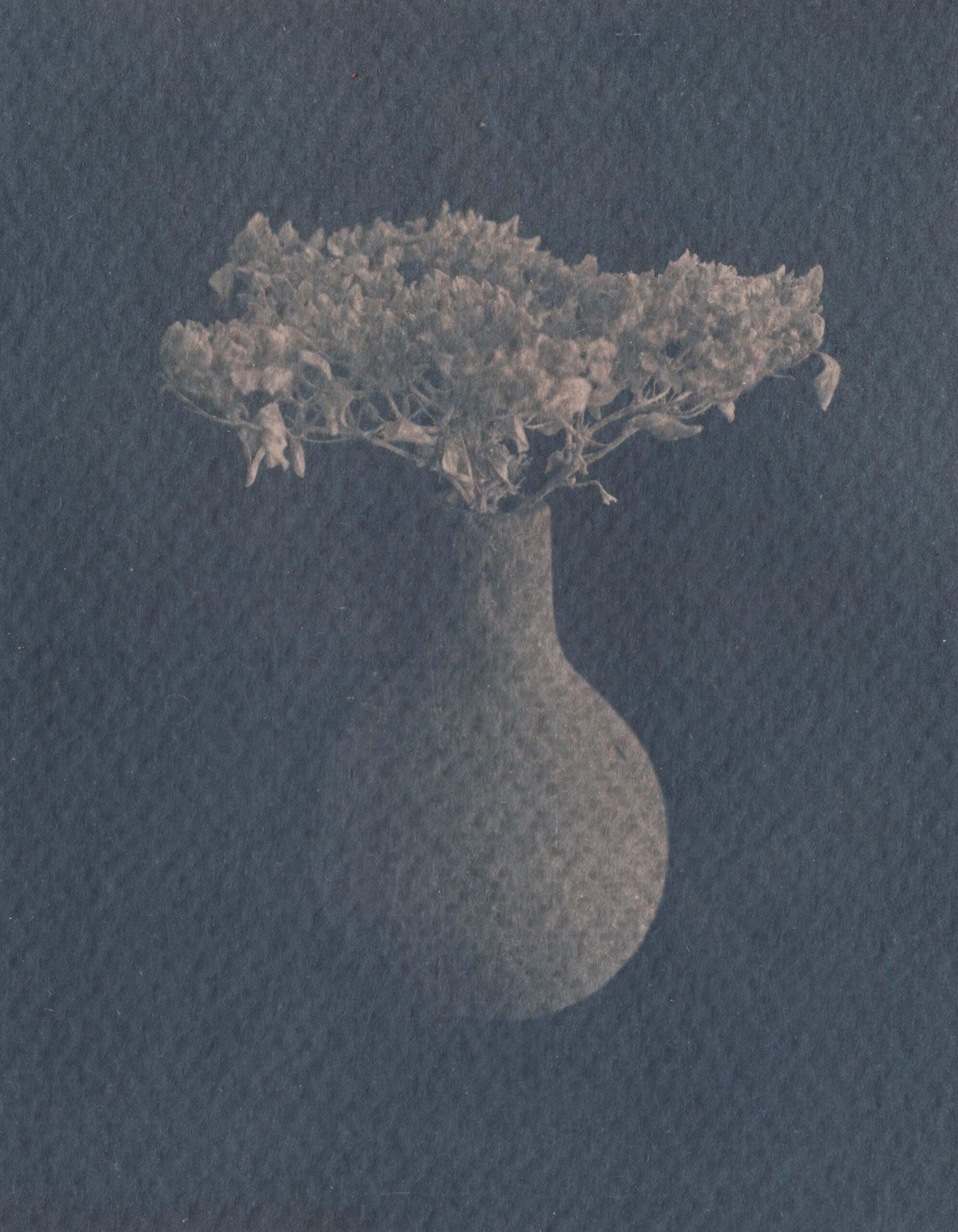 There are a thousand things I can’t recall: the date, the place, the details of the trail. I was nineteen, maybe twenty. It was a strong ascent, somewhere above St. Gallen in the Alps. All the rest has gone to mist.
There are a thousand things I can’t recall: the date, the place, the details of the trail. I was nineteen, maybe twenty. It was a strong ascent, somewhere above St. Gallen in the Alps. All the rest has gone to mist.
What stays: the incandescent sunshine. How the air bit thin and clean against my skin. The way the grass glowed green against bare rock. The skitter of stones beneath my shoes. The spilled blue bowl of sky.
The hike was for a morning, nothing more. I’m no athlete, not one to strain for speed or push for distance. I was born with muscles in one leg that spasm tight. Growing up, I avoided places where my limp was on display: the dance-floor and the balance beam, the brittle mirror of my classmates’ eyes. But my feet have always felt at home among the rocks and grass and trees.
The day is bright and clear. Light slides like glitter gold across the mountain’s granite face. Small alpine flowers stretch their scraggy stems toward the sun. And I walk bold and free into forever, up into the air.
Later, when the pain comes, I don’t worry. Who wouldn’t ache? I tell myself it’s nothing but a burr, a barb, a passing twinge.
That morning on the mountain, there are many things I don’t yet know: that this will be the pivot, that the pain will stay. That wheelchair tires leave tracks upon the land, a different kind of footprint. That I will learn to hike again, sometimes on pavement or on boardwalk, sometimes through moss or over hard-packed ground. But not across the sand. Not among the stones.
The only truth of the body is change.
And after is an unmarked trail, its own complex unfolding.
You might think I’d learn not to look back. But the memory of that day is luminous. I bite it like a perfect peach, shot through with summer sweet. I let the juice trail down my chin. I savor everything: the sight of it, the scent, the soul. The sun kissed whisper of the end. I know it cannot last, and still.
I eat it whole.
___
Julia Watts Belser is the author of Loving Our Own Bones: Disability Wisdom and the Spiritual Subversiveness of Knowing Ourselves Whole (Beacon Press), winner of a National Jewish Book Award and one of Library Journal’s Best Books of 2023. She’s a writer, rabbi, and disability activist, as well as a professor at Georgetown University. You can learn more at her author website.

5 comments
summer says:
Sep 17, 2024
I want to cry – for all things beautiful and all things lost and all things gained on new kinds of trails. Gorgeous piece. Thank you for sharing it.
Julia Watts Belser says:
Sep 19, 2024
Thank you so much. What you’ve written here resonates deeply.
Sandhya says:
Sep 19, 2024
Such a beautiful meditation on the before/after of disability & chronic ilness. So much is given us, when pain becomes our daily terrain.
Talya / Tree McCurdy says:
Sep 19, 2024
Thank you for reminding me to celebrate the now as I fight to prolong my own time being independently mobile. Thank you for shining a light on the possibility of peace and gratitude after that time is done.
Nicholas S. Lapham says:
Nov 23, 2024
“The only truth of the body is change.” Wow! Also love the image of the peach. Beautiful use of language. May I use this piece for the writers circle I lead in local prison?